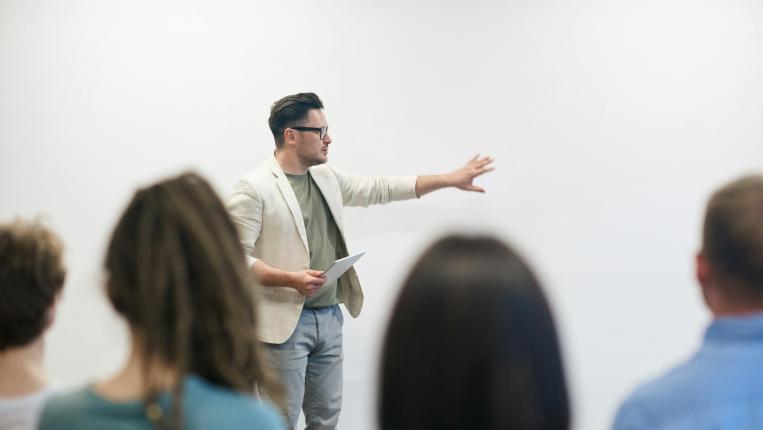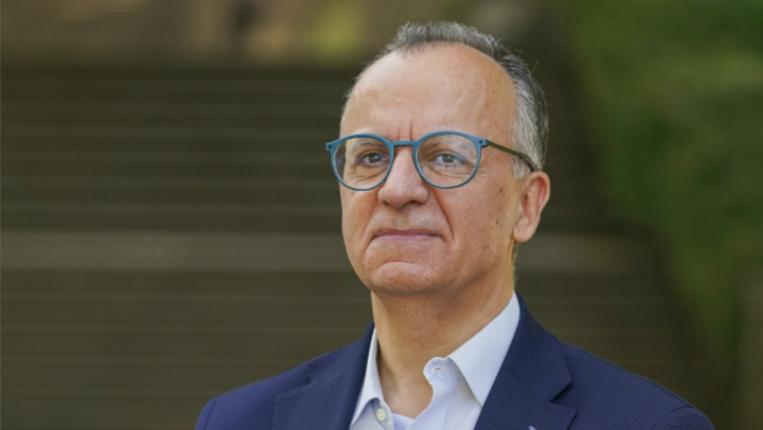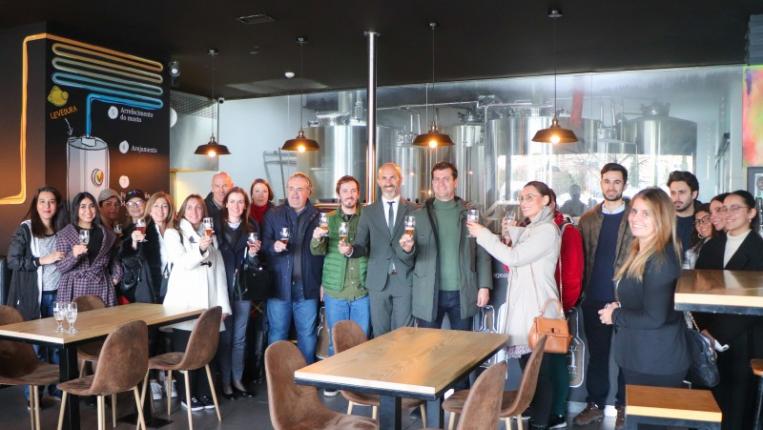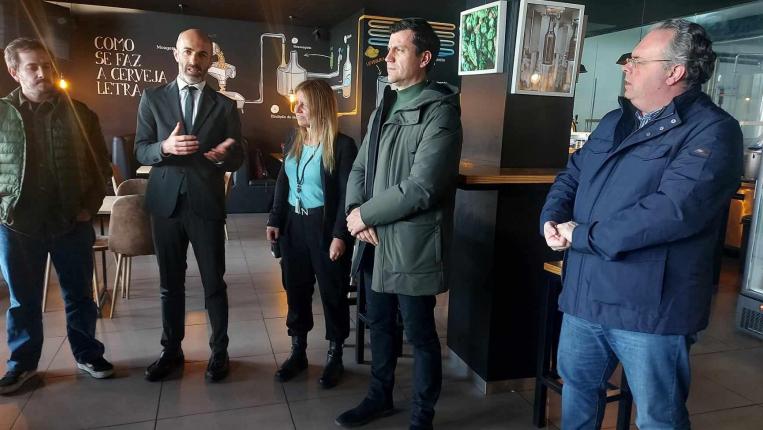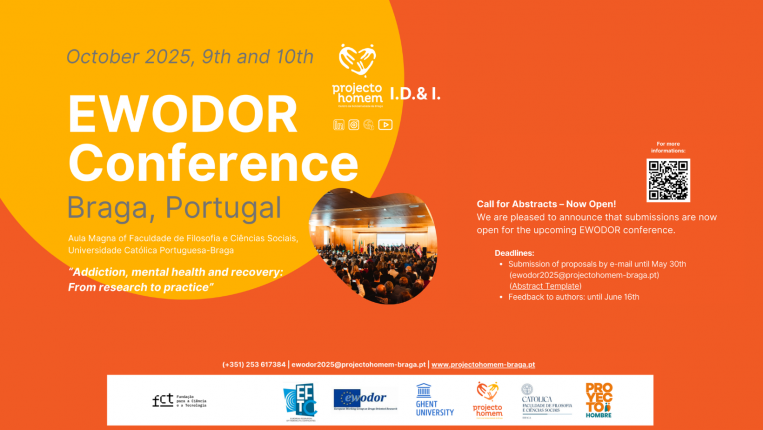DEADLINE FOR UNDERGRADUATE APPLICATIONS IS NOW OPEN

Studying tourism today requires much more than learning how to plan trips or manage destinations. Digitalization, environmental concerns and the demand for authentic experiences are redesigning not only the sector, but also the profile of its professionals. It is in this context that the Portuguese Catholic University (UCP) in Braga offers a degree that combines theory, practice and a direct link to the territory. In an interview, the course coordinator, Carla Pinto Cardoso, explains how this degree prepares students to face the challenges of a sector that is constantly changing.
Diário do Minho (DM) – What kind of training does the Degree in Tourism at UCP-Braga offer?
Carla Pinto Cardoso (CPC) – The Catholic University is well aware that tourism is one of the sectors with the greatest economic, social and cultural impact. For this reason, our training combines a solid theoretical basis with a very consistent practical component. Students receive up-to-date training that is deeply committed to the challenges and evolution of the sector. We offer not only technical knowledge and skills, but also a demanding, close-knit academic environment geared towards building a meaningful and responsible career path. It is therefore the right choice for anyone looking to make an active contribution to the future of tourism.
DM – How does UCP's tourism training differ?
CPC – The closeness between students and teachers, which is a characteristic of our work at UCP. We work with small classes, which allows for personalized support and a collaborative learning environment. A strong connection to the market: students have direct contact with real projects, technical visits, internships (national and international) and benefit from UCP's partnerships with leading companies and institutions. Our teaching staff is highly qualified and has a strong practical component, which guarantees learning in line with the demands of the professional world. We have a significant international dimension, with opportunities for academic mobility and effective placement in the job market.
DM – What employability prospects does the course offer its graduates?
CPC – Our graduates work in areas such as the management of tourist destinations and products, hotels, travel agencies, tourist entertainment, event organization, cultural tourism, marketing, communication and consultancy. This degree doesn't stop at entering the job market. UCP offers a master's degree in Tourism with two branches of specialization: Tourism Management and Administration and Cultural and Religious Tourism. The second-cycle degree allows you to develop advanced skills in strategic areas and build a more personalized academic path, according to the interests and objectives of each student.
DM – How does the international dimension of the Tourism degree work?
CPC – Internationalization is an important component of the degree. Students participate in programs with partner universities under the Erasmus+ program, for example. They also have access to international internships, often integrated into projects with companies and organizations in the tourism sector. The international dimension of the degree is also reflected in the visits of foreign professors and experts who are invited throughout the year to collaborate with the degree.
Opinion
Tourism in transformation: a choice for the future
Training.
Tourism is in the midst of a transformation. Accelerated digitalization, a growing appreciation of sustainability and the demand for authentic experiences are placing new demands on the sector. It's no longer enough to attract visitors. It's necessary to rethink impacts, respect territories and train professionals with critical thinking, ethical awareness and the ability to innovate.
Cities with a strong academic and cultural dynamism, such as Braga, are becoming privileged places to experience and understand this transformation. It is precisely at the intersection of knowledge, territory and purpose that contemporary tourism finds its greatest challenges and its greatest opportunities.
In this context, universities play a strategic role. They are leading the way in adapting teaching models, incorporating new themes, methods and approaches capable of responding to the growing complexity of the sector. Learning is no longer confined to the classroom but extends to the field, in projects with a real impact on communities and the sector.
More than preparing for the market, training in tourism today means helping to rethink the sector itself. What impact do we want to generate? What values are we willing to defend? The answer requires vision, responsibility and the will to do things differently.
Carla Pinto Cardoso, Coordinator of the Tourism Degree at UCP

